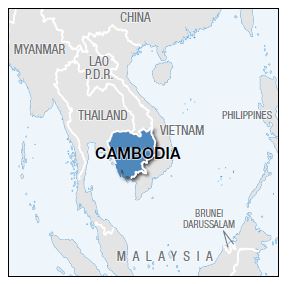Facilitated Access to Finance for Domestic Private Water Operators in Cambodia
Access to piped water supply is lower in Cambodia than in the majority of Southeast Asian countries and was estimated at 21 percent in 2015. Only 7 percent of rural households have access to piped water services on premise, while 75 percent of urban households enjoy such service (JMP 2015). Public utilities serve the capital and eleven other urban areas. In rural spaces and small towns, private water operators (which are either licensed or unlicensed) have invested in water systems. Driven by demand for improved services, steady economic growth, and relative water abundance, the private sector in Cambodia has the potential to be an important force for increasing access to piped water supply. The Government of Cambodia and development partners such as the World Bank, the SEDIF (the water service provider in the Paris area) and the Agence Francaise de Développement (AFD) have been supporting the development of these dynamic small-scale operators since the early 2000s through a variety of financing and technical assistance approaches. Limited access to finance is a key factor preventing these private operators from expanding and improving services. Domestic commercial banks are not used to lending to water sector actors, whereas water operators’ capacity to develop sound business plans and build assets to a high standard is sub-optimal. Some local and regional banks have been providing loans to private water operators. However, collateral requirements are usually over 200 percent of the loan amount, and only land, buildings, and cash deposits can be accepted as collateral. Tenors are short (up to 5 five years) with no grace period, which means that only a few large water operators can access financing under such conditions.
